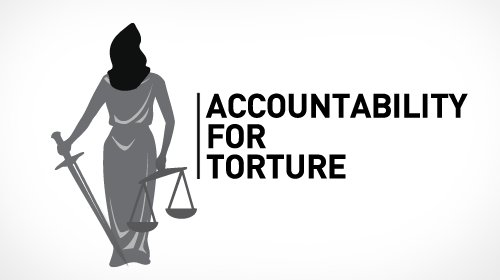

In Chicago, several people have come forward to claim that their confessions or convictions were a result of Zuley’s torture. Zuley’s interrogation of Mohamedou Ould Slahi was described by a former Guantánamo Bay official as illegal, immoral, ineffective, and unconstitutional, and it eventually led to numerous false confessions by Slahi. He attempted to obtain confessions and convictions regardless of the consequences, a philosophy shared at Guantánamo Bay. These interrogations involved the use of torture techniques similar to those he would later use at Guantánamo Bay: prolonged shackling, threats against the detained person’s family members, and coerced confessions. During his career with the Chicago Police Department, Zuley conducted police interrogations primarily on Black Chicagoans. According to a report in the Guardian, even before arriving at Guantánamo Zuley was praised for his ability to obtain confessions from subjects. Lieutenant Richard Zuley, a Chicago police detective in the Navy Reserve, worked as a Guantánamo interrogator starting in late 2005. Other interrogators at Guantánamo Bay prison have faced scrutiny for their actions both in and outside of the prison. Following testimony by Jessen and Mitchell, journalist Carol Rosenberg concluded, “They showed that the interrogation program was more a test lab for unproven techniques than a well-regulated system, with rules made up or broken on the fly and its day-to-day operations afflicted by internal rivalries.”
#Torture memoranda trial
In testimony delivered during the pretrial hearings for five men currently on trial in Guantánamo Bay, Mitchell expressed no remorse for his participation. The contract was terminated in 2009 under the Obama Administration, by which point Mitchell, Jessen and Associates had received $81 million. Despite the fact that they had no experience in interrogations and no expertise on al-Qaeda, they began working with the CIA in developing the program in 2002. Mitchell, Jessen, and Associates was founded in 2002 by American psychologists Bruce Jessen and James Mitchell, who would become known as the “ architects ” of the CIA torture program. In 2002, the Central Intelligence Agency awarded a contract in the amount of over $180 million to Mitchell, Jessen and Associates to develop the CIA’s so-called “enhanced interrogation” program. Senate intelligence report found the torture program was ineffective in its stated goal of obtaining military intelligence. Those formerly imprisoned still experience physical and psychological distress and trauma as a result of their treatment in Guantánamo Bay. The torture included but was not limited to waterboarding, sexual harassment and abuse, physical abuse, and sleep deprivation.

IMPACT : A majority of those imprisoned at the Guantánamo Bay Detention Camp were subjected to various forms of physical and psychological abuse-techniques that were developed by two American psychologists contracted by the CIA to develop its torture program.


 0 kommentar(er)
0 kommentar(er)
